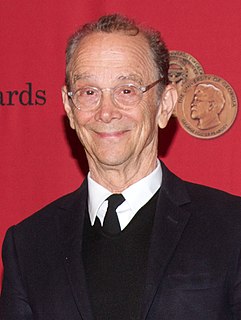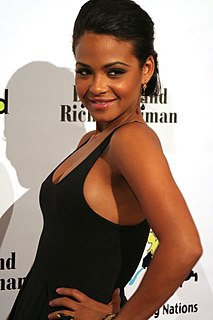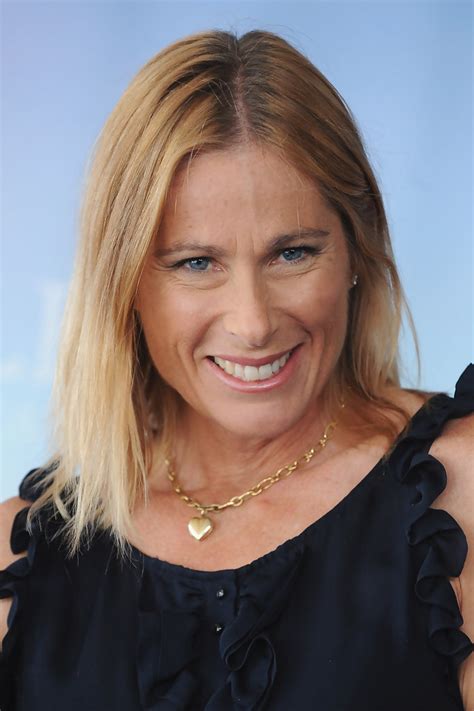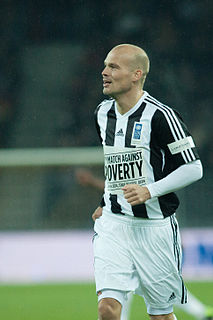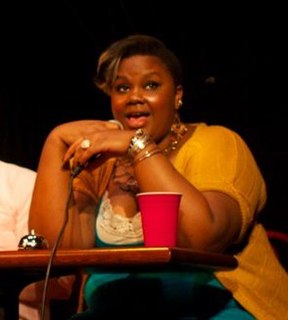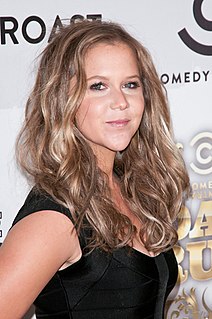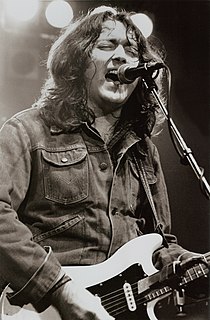A Quote by Joel Grey
My dad was a really funny, really talented guy who had a great success in a limited audience. But from him, I learned that he always felt the audience was entitled to 150 per cent. If he was performing at an event, he'd keep playing until the last person had finished dancing.
Related Quotes
I wanted to make a film that wasn't just a biography. When you watched it, you actually felt that you watched a movie, that you had an emotional reaction. In order to do that, I felt that I had to really keep myself emotionally raw while working on the film. I had to feel myself crying, so the audience could be moved, too.
I learned a great lesson early on, even before I was really an actor, from that movie 'Planes, Trains & Automobiles' that John Hughes made: that you could make a movie that's really, really, really, really funny, and sometimes you can still achieve... making the audience feel very deep emotions as well.
We played a show the other week at this festival and it was an audience that I'd never normally play in front of. That's one the greatest things about festivals: you don't always get your audience, you get people who just pop in out of curiosity. The reaction was amazing; there were people dancing, which we've never had, I guess because the message is pretty powerful and the performance is a lot more visceral than it has been previously. The audiences seem to be reacting to that really well and it's a wonderful thing, because at a performance you really bounce off your audience.
Playing live is much more natural for me. The instant reaction and the feedback from the audience is great for me. I really relish it. And if you play blues-based music, it's not really academic music or recital music. It really needs a bit of atmosphere and a bit of interplay and a bit of roughness, and you really get that with an audience.
